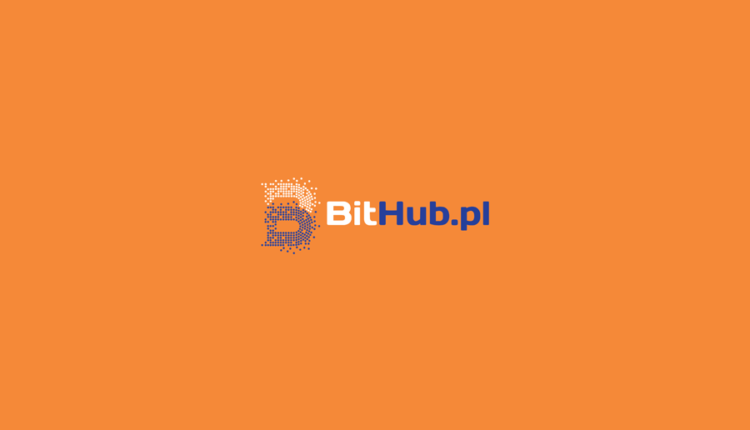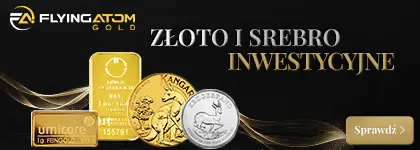
#SundayInterview. Blockchain for dummies and techies (and for free)
Hyperledger has recently launched its first free Massive Open Online Course (MOOC) on edX.org. It’s called Blockchain for Business: An Introduction to Hyperledger. The free, self-paced online course is offered through edX.org, the nonprofit online learning platform founded in 2012 by Harvard University and Massachusetts Institute of Technology (MIT). How can it benefit your blockchain knowledge? We’re talking to Tracy Kuhrt, who is the Hyperledger Community Architect in our Bithub.pl’s #SundayInterview.
How does the course work? Is it fully automated and you can adjust the pace to your own needs or is there some human interaction involved like tutoring and such?
Tracy Kuhrt: The course is self-paced so you can take it in your spare time, at whatever pace you are comfortable with. You can skip ahead if you already are familiar with topics in a chapter, or go back to review something you need a refresher on. There are online forums available to ask questions which are monitored by the course instructors and other experts when a student gets stuck.
How many hours, approximately, does an apt blockchain beginner need to invest to finish the course?
TK: This course should take around 30 hours to finish. We recommend 8 weeks, 3-4 hours per week, but it’s certainly possible to spread it out more or push through it in a few days.
The course offers a certificate of completions available for 99 USD. Are there some exams involved or you just prove your knowledge on the way?
TK: The entire course is also available at no cost. Users only choose to pay if they want the edX certificate at the end. Students do need to pass a final exam in order to complete the course and receive the certificate.
What does it give you in terms of know how? You’re not becoming a ready-made blockchain specialist that headhunters would kill for – or are you?
TK: Students with a business background will gain an understanding of how blockchains work and how they can create value for their business through cost-savings and efficiencies, in terms of speed and simplicity. In addition, a number of use cases will be explored along with information to help evaluate whether a blockchain solution would be suitable for their particular business use case.
Students with a technical background will look at the main components of the three active business blockchain frameworks within Hyperledger — Fabric, Sawtooth, and Iroha. In addition, students will learn how to perform clean installations of Hyperledger Sawtooth and Hyperledger Fabric, as well as, develop simple applications on top of these frameworks.
Blockchain is associated with IT mainly, but it’s also very interesting from economic & business as well as legal, social and human perspective. Wich perspective is highlighted the most in your course?
TK: This introductory course is carefully curated for both non-technical and technical audiences. It explores use cases across a number of different industries.
The course is called „Blockchain for Business: An Introduction to Hyperledger”, so some might assume it’s tailored to introduce you to the Hyperledger project, but I imagine it gives you a broader blockchain knowledge that you can use in many fields, is that correct?
TK: Correct. This course starts with exploring the blockchain ecosystem and ensuring that the student understands the basics of blockchain. We then provide an introduction into Hyperledger and its different projects. Next, we cover a number of use cases across different industries, as well as, looking at when it makes sense to utilize blockchain for your solution. We then dig into the technical aspects of the active projects and help technical students get up and running with Hyperledger Fabric and Hyperledger Sawtooth.
How essential for using blockchain and contributing to blockchain development are programming skills? Is blockchain accessible to a manager or entrepreneur without programming know-how?
TK: This introductory course is carefully curated for both non-technical and technical audiences. The first part of this course is focused on understanding the blockchain ecosystem, what blockchains are, an overview of the different Hyperledger projects, an exploration of use cases across industries, and determining whether blockchain would be a good choice for your particular business use case.
Interviewed by Przemyslaw Cwik

